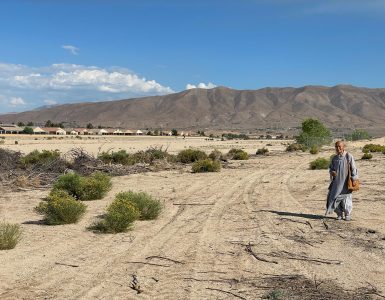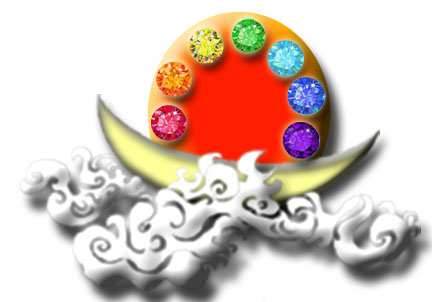
We listened to a Dharma Discourse given by H.H. Dorje Chang Buddha III in China on “Impermanence” at 9:00 am PDT on July 17 and will do so again on July 27. It focuses on a most important issue in our lives and what we should do about this matter. I have added a few questions you should think about in listening to and contemplating this discourse. The Buddha Master also gives us some excellent advice on how we should help save living beings. This is considered one of the very important discourses that those just beginning to learn and practice Buddhism as well as all disciples must understand to be able to progress on the Buddhist path.
CLICK for link to register for these classes.
| 1-What is the most important principle in this discourse? |
| 2-What kind of person does not have the problem stated in this discourse? |
| 3-What is meant by impermanence? |
| 4-What is meant by arising, subsisting, changing, and passing away? |
| 5-The Buddha Master gave several ways to explain the main concept of this discourse. What were they? |
| 6-What should we do about this problem? |
| 7-How can you use skillful means to save living beings? |
| 8-Which is more important, cultivating yourself or saving other living beings? |
| 9-Why is this discourse so important? |
| 10-Does the Buddha Master mean we should not be engaged in business or worldly matters? |




Add comment